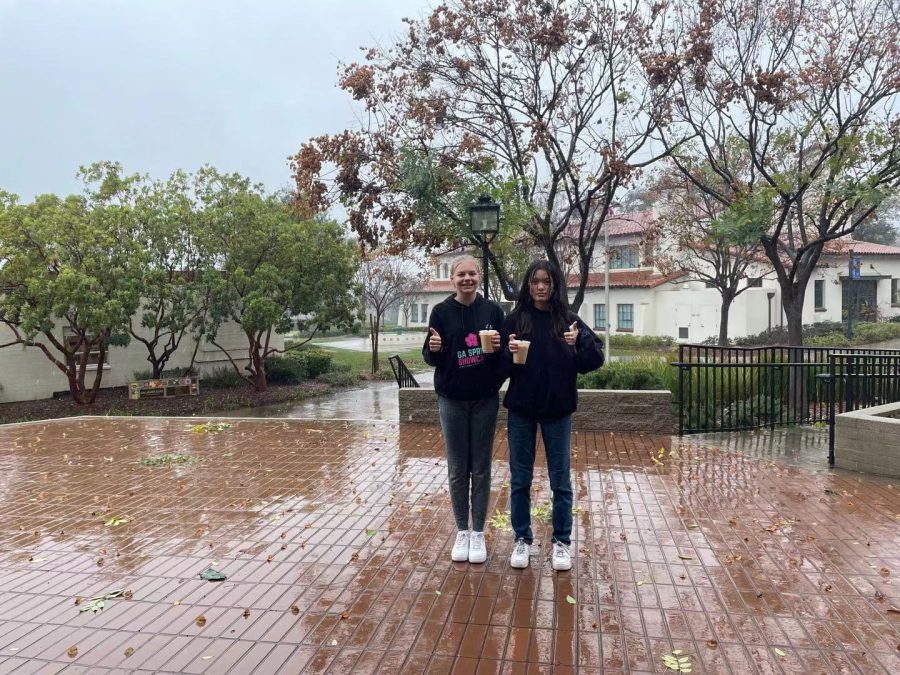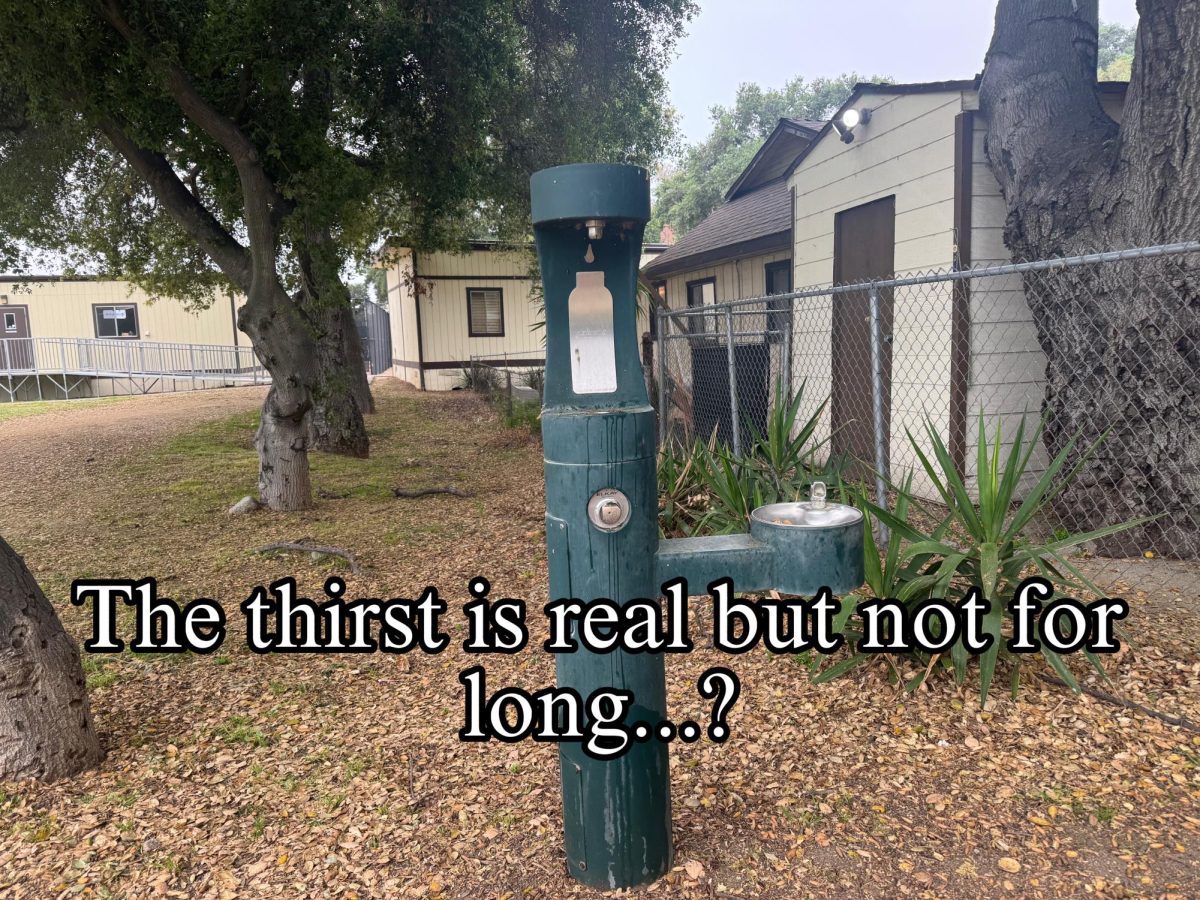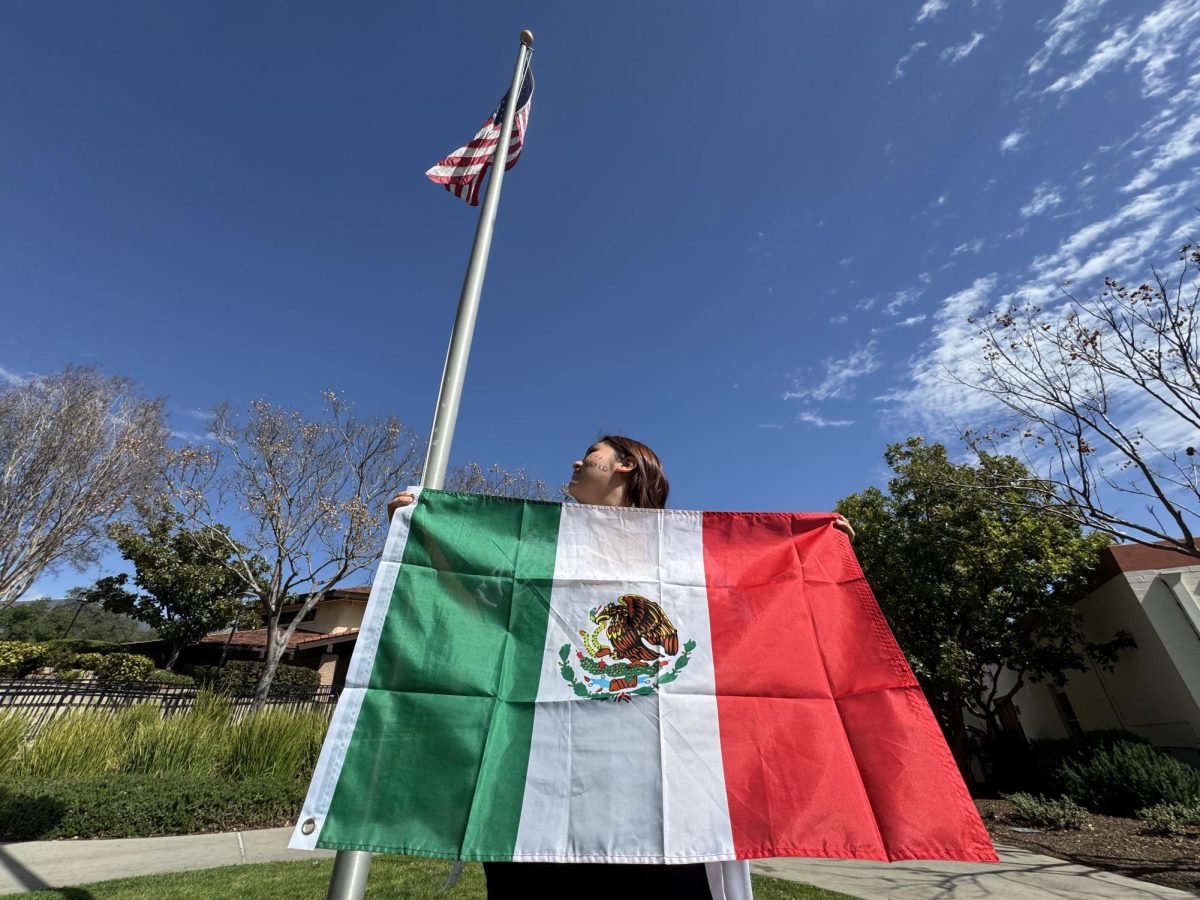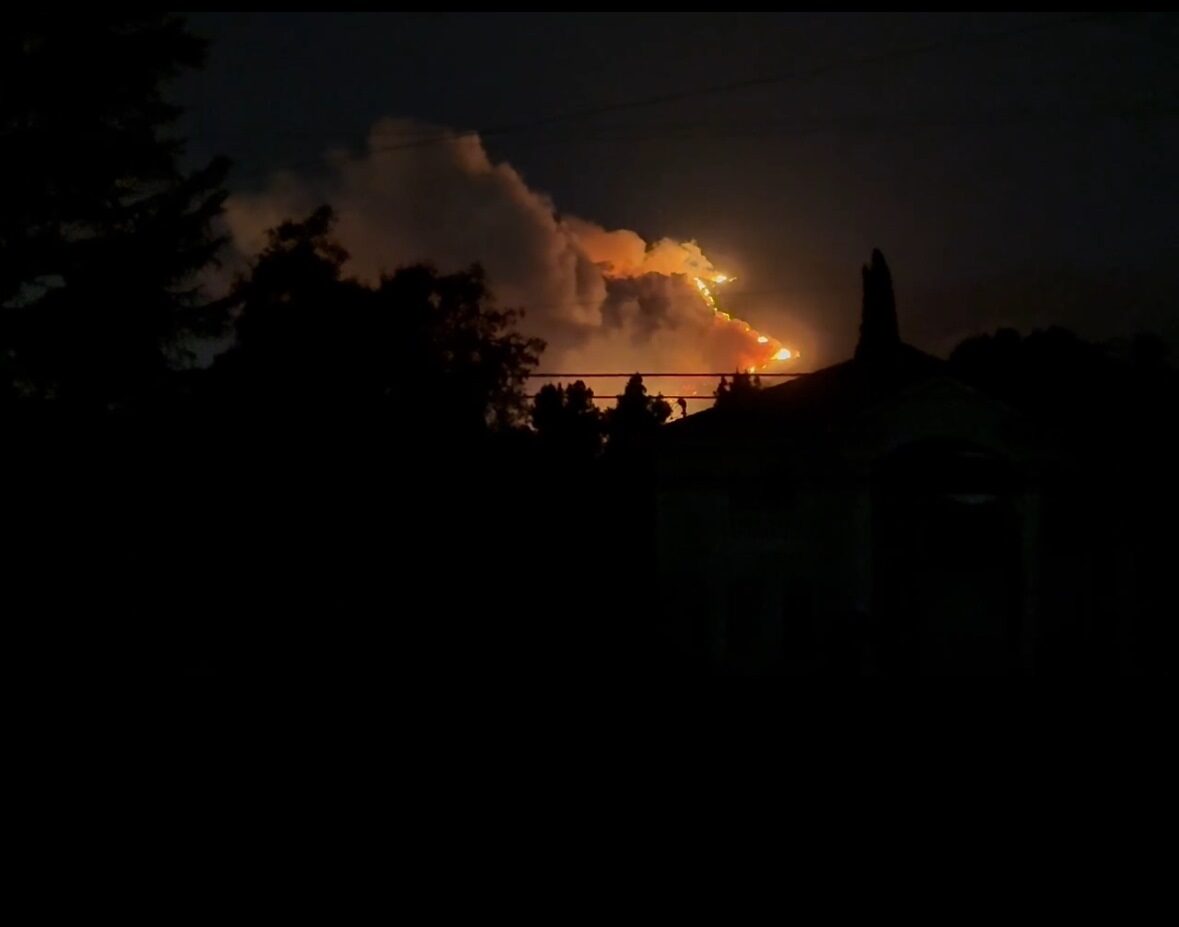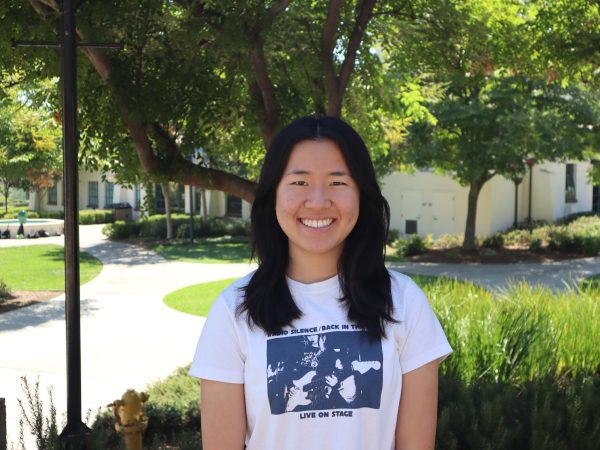While most students were going outside during winter break, students in North California cozied up inside during the extreme rain.
After record levels of rainfall were recorded on December 31st, 2022, flooding began in parts of California. This wave of rain, caused by atmospheric rivers, has forced thousands to evacuate and led to at least 17 dead. As of January 10th, more than 20 million people in California are under flood risk, approximately 51% of California’s population, with the risk of mudslides affecting Los Angeles and San Diego.
“It rained for three days straight, and there was some flooding too,” said Christina Young (‘25), when she returned to San Jose during break.
After the break, Southern California and the Webb campus were hit by the rain as well. The recent days’ intermittent rain is predicted to persist. Many students are worried about what this could mean for Webb. Luckily, Webb is not expected to receive any floods.
“On campus, we’re not going to get any floods because we’re on a hillside, but we might have our gutters backed up and [get] water intrusions in [the] classrooms,” said Daniel Fraley, Director of Facilities.
Though our location of being on a hillside helps us avoid floods, they could cause mudslides.
“What could affect us are mudslides from the hills,” said Cuong Pham, Director of Security and Special Operations. “Because it hasn’t rained in a while, mudslides could happen.”
The rain affects not only these two weeks. With the rainy season just beginning, Webb is expected to receive three months of the same weather.
“With our rain coming so early this year, we’re expecting this to be a very wet year,” Mr. Fraley said.
The reason behind the earliness and severity of the rain this year stems from climate change. Atmospheric rivers, the source of the rain, form when winds over the Pacific take in moisture from warm, moist air over the tropics and release it over the West coast. When this band of moisture hits the Sierra Vista and other mountains, it cools down, turning into substantial amounts of rain and snow. More moisture collected leads to heavier rains.
As we continue to burn fossil fuels, the atmosphere warms up. Warmer air can hold more moisture, meaning rain is likely to be more intense. Additionally, scientists are also studying whether global warming shifts the direction the wind carries moisture, potentially increasing the frequency and duration of the storms in California. As a vision of the future with the effects of climate change slowly approaches, Webb must adapt to its new environmental demand.
After an influx of funds from the Centennial campaign and the $100 million estate donation, many students are curious about what this will mean for Webb. Will we get new buildings? Will we use the land on the hills? However, none of that is in the current plan – maybe for the better.
“We purchased land fairly recently right off of Chandler Field,” said Bob Fass, Chief Advancement Officer. “That land might have been developed by real estate developers if we had not purchased it. Our thought was to protect the natural environment around Webb by making that purchase, knowing that we probably will not develop a good portion of that. And sometime in the future, we might put that land into a conservation agreement so the city would take some responsibility for that, as well as the hillside.”
Developed land turns into impervious surfaces, which heightens the potential for mudslides as irrigation, deforestation, excavation, and water leakage destabilize slopes. With the world seeing more and more effects of climate change, Webb is beginning to take sustainability into account for its future.
“Part of Webb’s culture is to be this very natural environment where we’re not surrounded by buildings but we’re enjoying the hillside and nature, so preserving that sense of nature and Southern California climate is very important to us,” Mr. Fass said.
Though this rainy season will only last a few months, it reflects a larger issue of unaddressed climate change beginning to take on its effects. Once the world begins to experience the consequences of climate change, it likely means that there will be more frequent and intense effects henceforth. As society prepares for the future, Webb will also progress to become more sustainable to reduce its carbon footprint and keep the beautiful campus present today.


